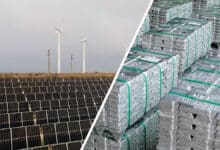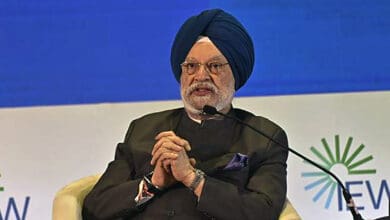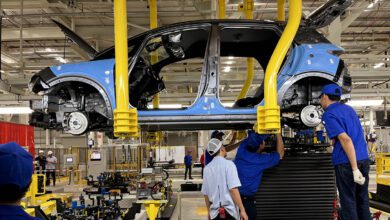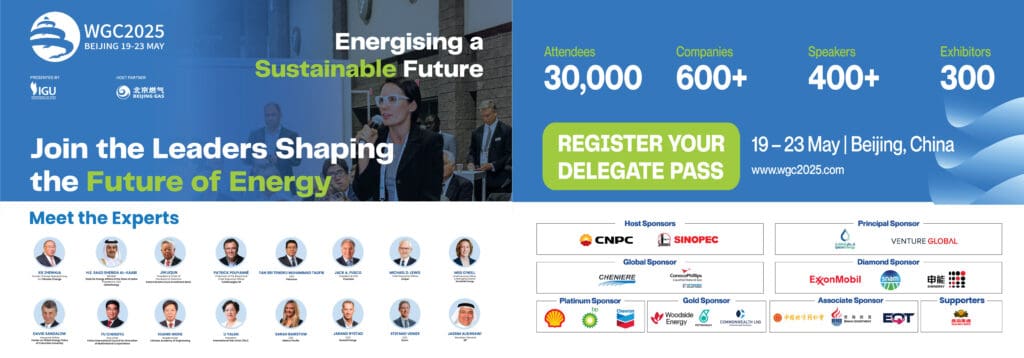Minister of Petroleum and Natural Gas, Hardeep Singh Puri, and US Energy Secretary Jennifer Granholm held a Ministerial meeting in New Delhi to discuss the progress and achievements of the US-India Strategic Clean Energy Partnership (SCEP). The meeting highlighted the growing importance of bilateral energy cooperation and the critical role of clean energy engagement in addressing energy security, climate change, and employment generation opportunities.
The ministers reaffirmed their commitment to work towards a just, orderly, and sustainable energy transition, with a focus on providing access to reliable, affordable, and clean energy supplies. Recognizing that India and the US are the largest democracies and economies in the world, both sides emphasized the significance of joint action and collaboration in navigating the global energy transition.
SCEP has been instrumental in deepening and strengthening collaboration across various clean energy work streams, including clean and renewable energy, energy efficiency, advanced biofuels, hydrogen and electrolyser production, and emerging technologies like battery storage and swapping technologies.
During the meeting, the sides recognized the importance of producing green/clean hydrogen as a critical energy source for global decarbonization and pledged to support each other’s national hydrogen missions. They welcomed the establishment of the public-private Energy Storage Task Force and the Hydrogen Task Force to accelerate the deployment of renewable energy technologies and hydrogen technologies, respectively.
In line with their shared vision of reducing carbon emissions in the transportation sector, both sides emphasized collaboration on zero-emissions vehicles and securing funding for the e-mobility sector through the Electric Vehicle (EV) financing services facility.
Furthermore, the ministers acknowledged the significance of research, development, and commercialization of emerging fuels, such as bioethanol, renewable diesel, sustainable aviation fuels, and other advanced biofuels, in the transition to a cleaner energy future. They also discussed the establishment of the Global Biofuels Alliance to strengthen markets, facilitate global biofuels trade, and support national biofuels programs worldwide.
Recognizing the role of carbon capture, utilization, and storage in reducing emissions, the ministers agreed to expand partnerships in this area, exploring the geologic carbon storage potential. They also welcomed the addition of Carbon Capture, Utilization, and Storage as a work stream under the Emerging Fuels and Technology Pillar.
In the pursuit of a stable, sustainable, and globally responsible clean energy supply chain, the sides welcomed ongoing collaboration in modernizing the power system, promoting energy efficiency and conservation, reducing emissions across the oil and gas sector, and advancing emerging technologies for electrification and decarbonization of hard-to-abate sectors.
The meeting also acknowledged the collaborative efforts of USAID with various Indian agencies, including Indian Railways, NTPC Green, and the National Skills Development Corporation, in developing sustainable and clean energy systems.
Both sides launched the South Asia Group for Energy (SAGE) to deepen engagement between Indian agencies and US national laboratories for research, analysis, and capacity building activities in the clean energy sector.
Ministers also praised the longstanding joint R&D under the Partnership to Advance Clean Energy-Research (PACE-R), highlighting the final year of the R&D track on advanced smart grid and energy storage technologies.
The meeting concluded with a shared belief that the SCEP represents a comprehensive vision to decarbonize while ensuring healthy rates of growth for both countries. The Ministers expressed hope that the work undertaken under the SCEP will continue to pave the way for a new and promising future.














